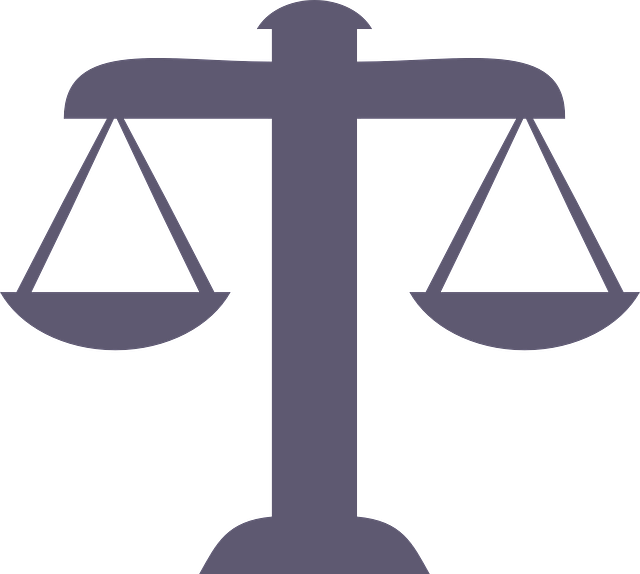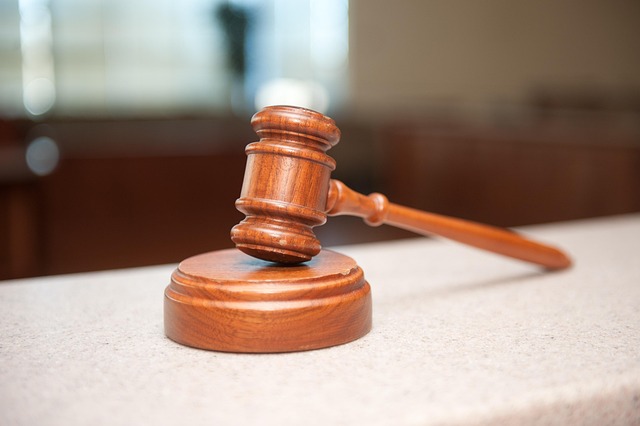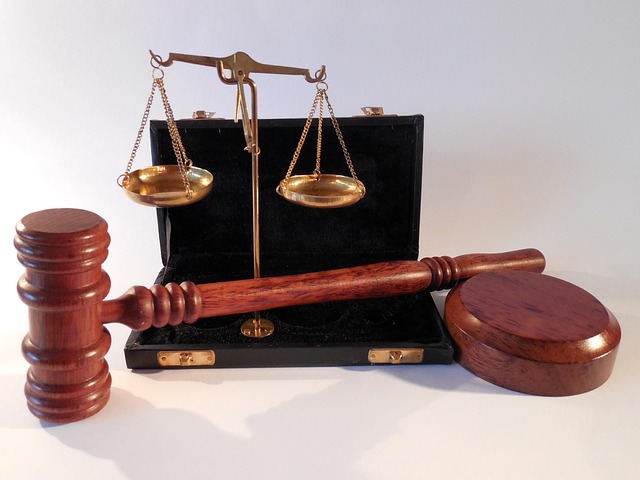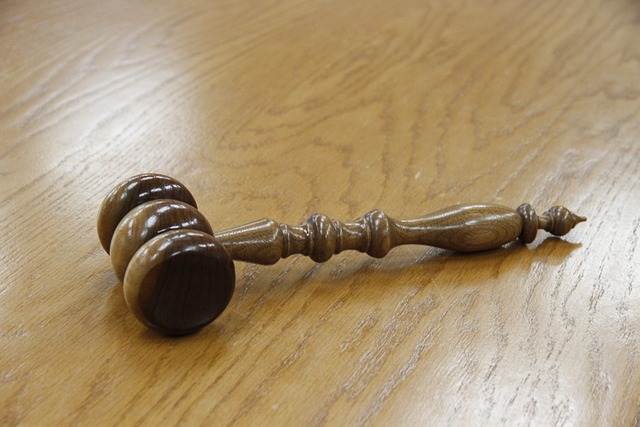Criminal law enforcement safeguards society by investigating, prosecuting, and adjudicating offenses, prioritizing public safety. While defense in high-stakes cases, including class action lawsuits, is not primary, successful outcomes can yield substantial compensation from class action lawsuits for victims. These lawsuits empower individuals to collectively seek justice against corporate wrongdoing, holding companies accountable through streamlined processes, financial exposure, and transparency. Post-suit, victims and communities strive for justice and compensation from class action lawsuits, often with the aid of attorneys who require detailed documentation of losses.
Criminal law enforcement is a complex system designed to protect society and mete out justice. This article delves into the fundamentals, exploring its far-reaching impact on communities and individuals. We dissect how class action lawsuits serve as powerful tools for victims, driving significant compensation from class action lawsuits. Additionally, we guide readers through the post-lawsuit process, offering insights into what to expect when navigating this intricate legal journey.
- Understanding Criminal Law Enforcement: The Basics and Its Impact
- Class Action Lawsuits: How They Drive Compensation for Victims
- Navigating the Process: What to Expect After a Successful Lawsuit
Understanding Criminal Law Enforcement: The Basics and Its Impact
Criminal law enforcement is a complex web of laws, regulations, and procedures designed to protect society from harm and ensure justice. At its core, it involves the investigation, prosecution, and adjudication of criminal offenses, with the ultimate goal of upholding public safety and order. Understanding these fundamentals is crucial, as it forms the basis for effective law enforcement strategies and policies. The impact of well-enforced criminal laws extends far beyond punishment; they shape communities, influence social norms, and contribute to a society’s overall sense of security.
One significant aspect often associated with criminal law enforcement is the potential for substantial compensation from class action lawsuits. While not a primary focus, winning challenging defense verdicts in high-stakes cases can lead to significant financial settlements or awards. These outcomes not only provide justice for victims but also serve as a deterrent, particularly in cases involving corporate misconduct or systemic wrongs. Moreover, the proceeds from such lawsuits can be channeled back into communities through philanthropic and political initiatives, fostering a cycle of reform and social welfare.
Class Action Lawsuits: How They Drive Compensation for Victims
Class action lawsuits have emerged as a powerful tool to bring justice and secure compensation from class action lawsuits for victims of wrongful acts committed by corporations or organizations. This legal strategy allows individuals who have suffered similar injuries or losses to band together, forming a single representative group. By consolidating these cases into one, the process becomes more efficient, ensuring that each member receives fair compensation from class action lawsuits.
These lawsuits are particularly effective in holding accountable large companies engaged in widespread misconduct, such as fraud or environmental damage. They also encourage businesses to implement stricter internal controls and ethical practices, knowing that they could face significant financial repercussions if found negligent. Moreover, the public nature of these trials increases transparency, serving as a deterrent for potential wrongdoers and fostering trust in the legal system, especially with the support of jury trials across the country.
Navigating the Process: What to Expect After a Successful Lawsuit
After a successful lawsuit under criminal law enforcement, individuals or communities often find themselves navigating a process to achieve justice and compensation from class action lawsuits. This journey begins with understanding the outcome of the legal battle, which may result in substantial monetary rewards or non-monetary relief, depending on the nature of the crime and its impact. The focus then shifts to ensuring that the respective business or entity held accountable faces the consequences, leading to potential changes in their practices to avoid future indictments.
This process involves meticulous planning and legal strategy. Plaintiffs’ attorneys play a pivotal role in guiding clients through the complexities, helping them comprehend their rights and the potential for compensation from class action lawsuits. Achieving extraordinary results requires thorough documentation of losses, damages, and the impact on victims or affected communities, which serve as the foundation for seeking fair and just reparation.
Criminal law enforcement plays a pivotal role in ensuring societal justice and public safety. By understanding the fundamentals and leveraging powerful tools like class action lawsuits, victims can seek substantial compensation for their struggles. Navigating the legal process post-suit is crucial, as it determines the final outcomes and resolutions. Through these mechanisms, individuals not only find redress but also contribute to broader systemic changes, fostering a safer and more accountable society.






